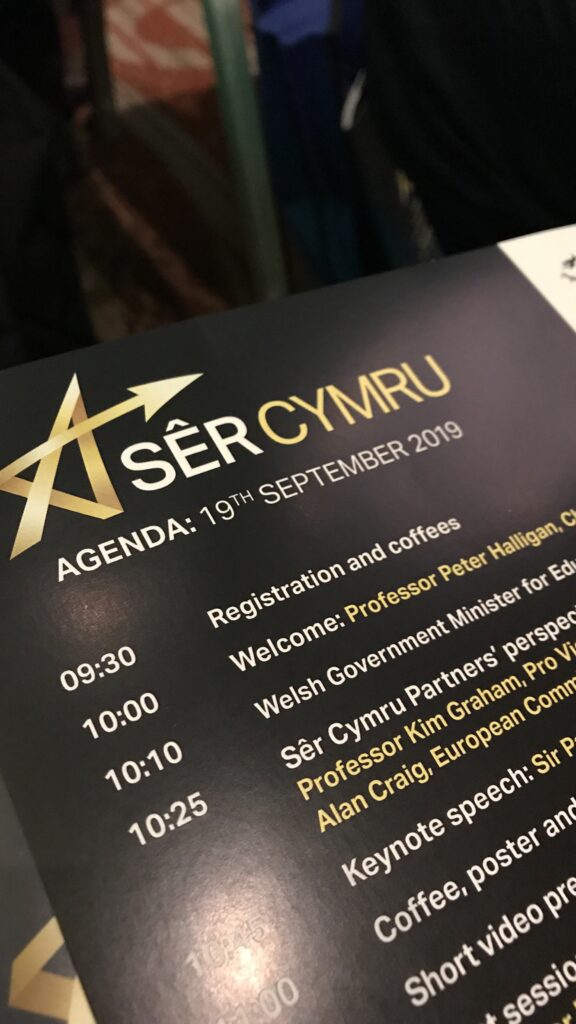On the face of it, there are at least three stakeholders who could legitimately claim ownership of the result of research or an invention:
- the researchers themselves
- the university/corporation assisting in that research
- the organisations like Sêr Cymru or the government who provided funding for the research
Without any one of them, nothing could have been studied, or invented. There would be nothing to argue over.
As any IP lawyer will likely tell you, it is usually all about the contracts. But what if there are no express clauses dealing with this? Or what if some research/invention is created outside of the scope for which the researcher is committed or funded to do? Think back to situations like Alexander Fleming’s, when he was experimenting with the flu virus and accidentally discovered the revolutionary antibiotic penicillin on his first day back after a holiday (rather than the usual umpteen emails and a gross unwashed coffee cup that the rest of us have to deal with!).
Universities will generally secure IP ownership of any research carried out in their premises, for taking the financial burden of hosting it. If a piece of research or invention is commercially successful, universities can create “spin-offs” and a company will be formed (with the researcher or researching team) tasked with exploiting the products of that research.
A university may also choose to allow the technology or research to be exploited by third parties free of charge. This is commonplace for publicly funded research, however the funding organisation itself may have issues with that approach – especially as the fruits of such research could assist with future funding.
Whatever the solution that presents itself, the funders, researchers, and universities themselves would be wise indeed to seek to determine this tricky question and enshrine it within a contract before becoming further committed to each other. Otherwise, they may find tricky IP-related issues stifling or spoiling the joy of new discoveries.
For any IP related question, please contact Wayne Beynon (w.beynon@capitallaw.co.uk)
For any Education related question, please contact Trish D’Souza (t.dsouza@capitallaw.co.uk)



